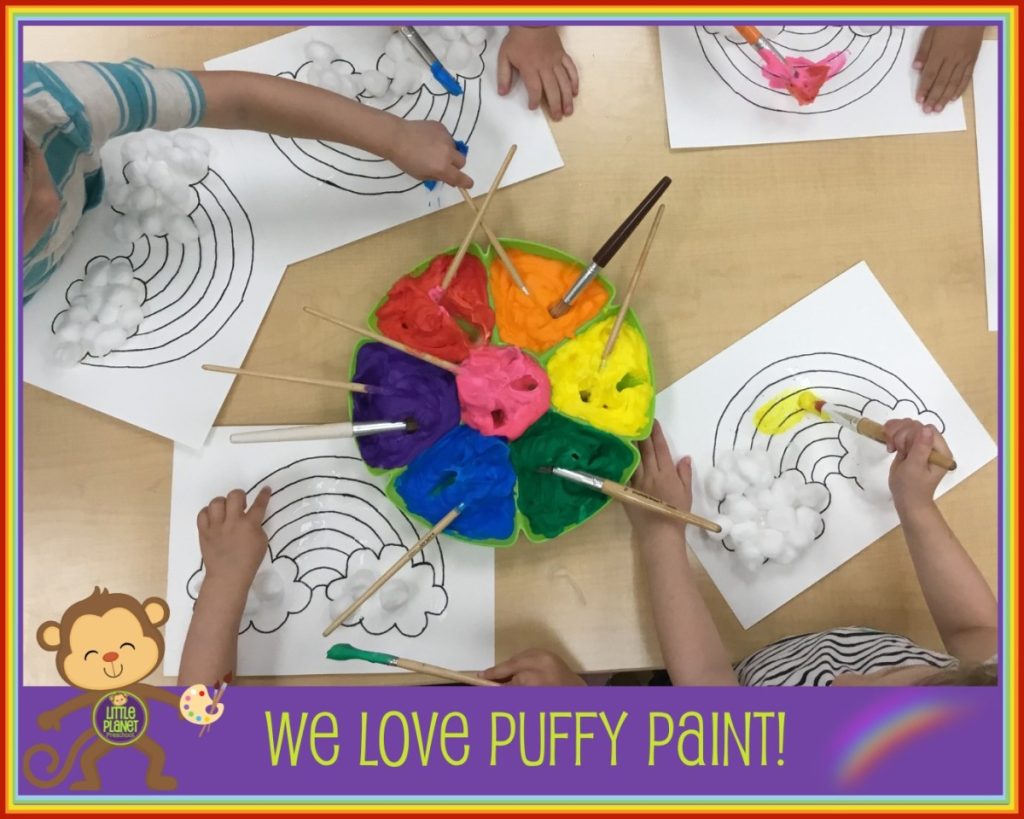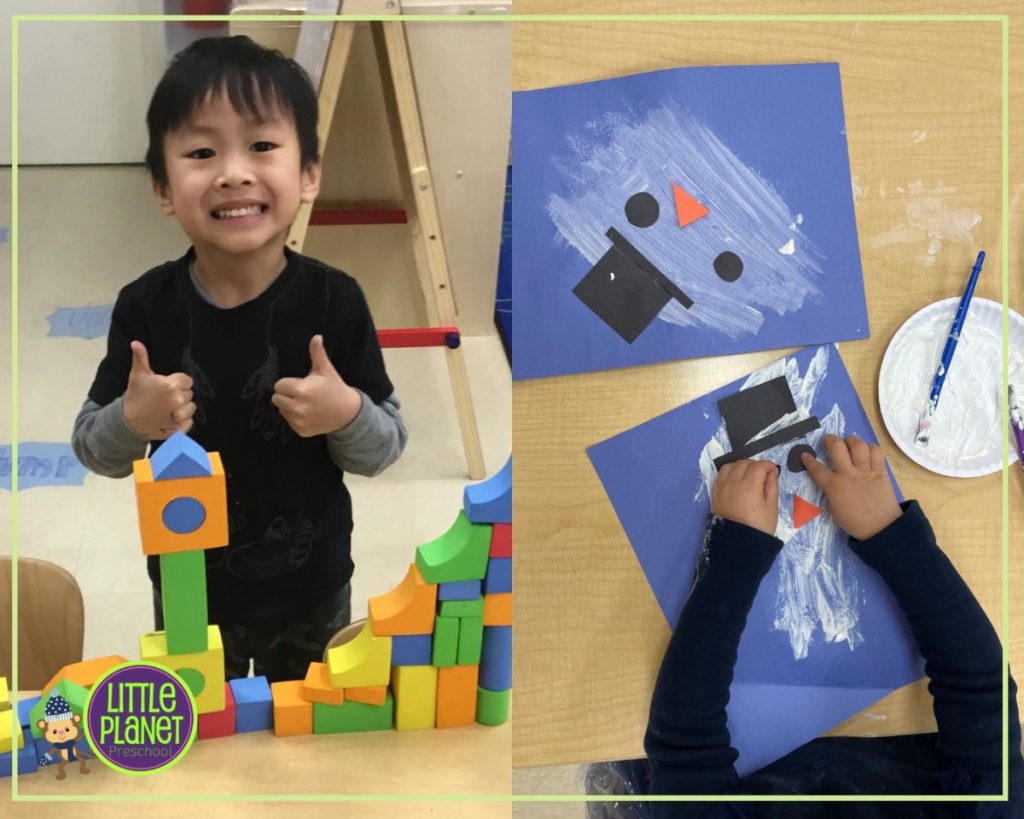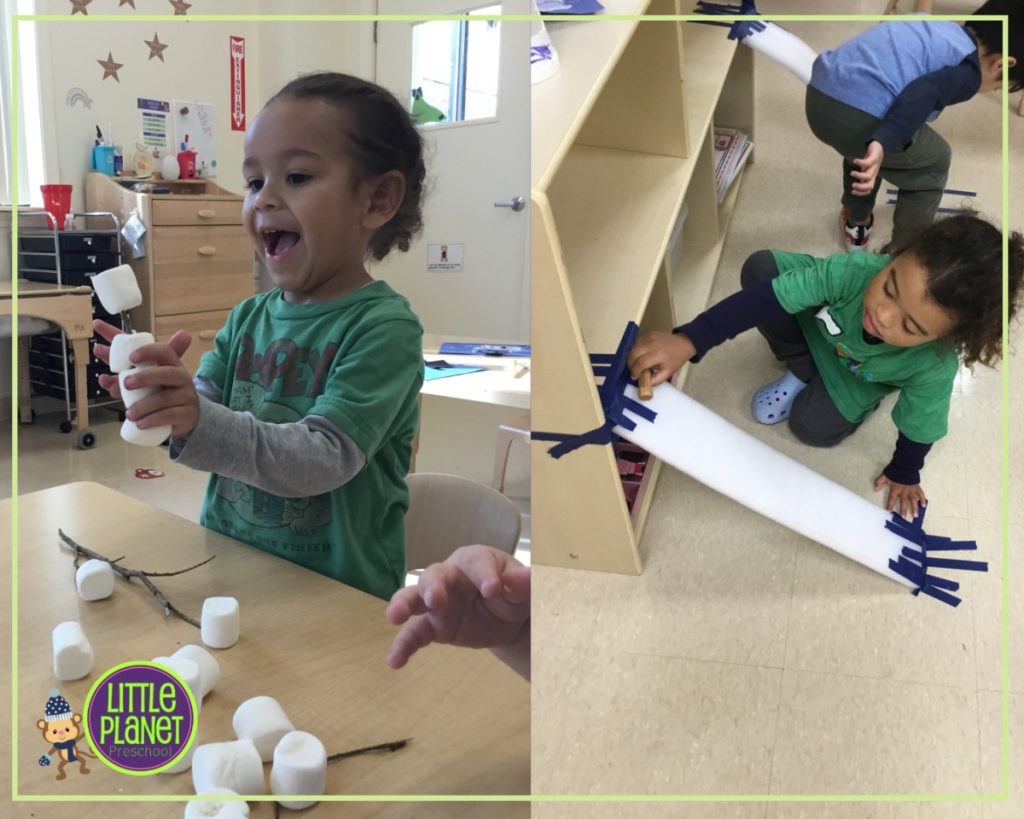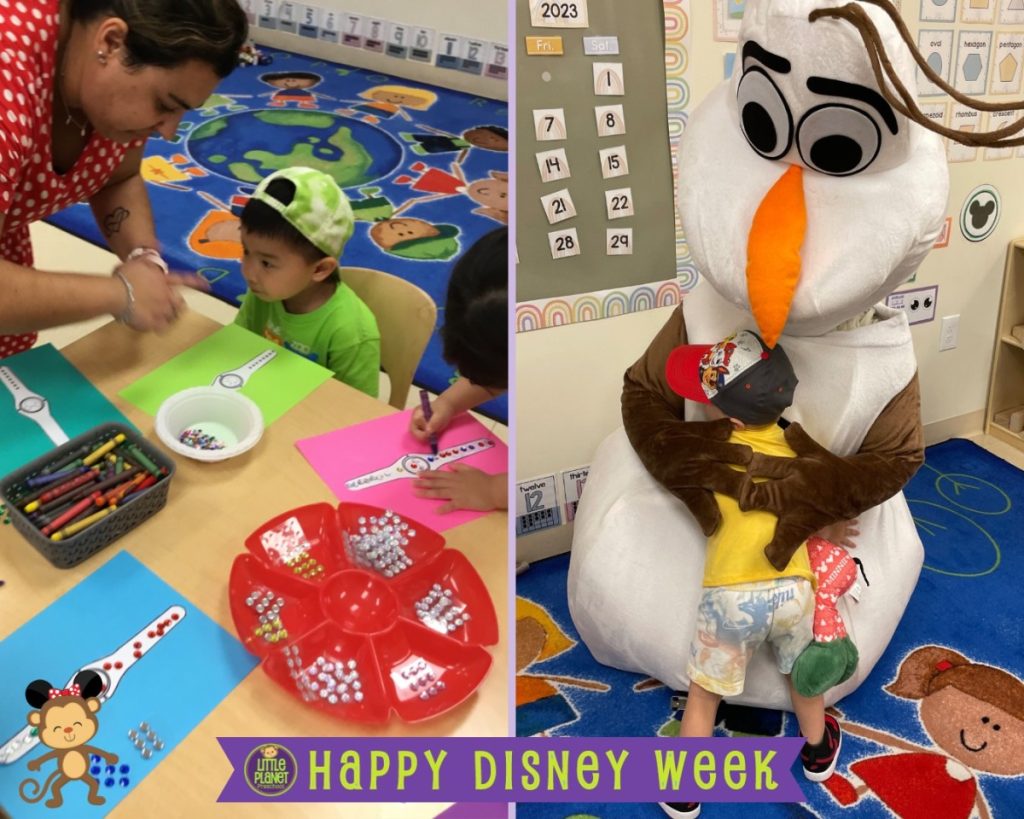We embrace the profound impact of music and arts in enriching preschool education. These creative avenues are not merely extracurricular activities; they are integral to the comprehensive development of our young learners.
The Power of Music and Arts in Early Learning
Cognitive Development: Music and arts play a pivotal role in enhancing cognitive abilities. Engaging in musical activities like singing or playing instruments, and artistic endeavors like painting or crafting, stimulates brain areas involved in language, math, and logical thinking. These activities enhance memory, attention span, and the ability to recognize patterns and sequences, laying a strong foundation for academic success.
Social and Emotional Growth: Music and arts provide unique opportunities for preschoolers to express their emotions and communicate feelings, even before they can articulate them verbally. Participating in group activities like choir singing or collaborative art projects fosters teamwork, empathy, and understanding of others’ perspectives. It’s a playground for developing social skills and emotional intelligence.
Motor Skills Enhancement: Fine motor skills get a workout through holding paintbrushes and crayons or manipulating instruments, while gross motor skills are honed through dance and movement activities. These physical skills developed through music and arts are essential for the overall motor development of children.

Boosting Creativity and Imagination: The imaginative and unstructured nature of music and arts encourages creative thinking and problem-solving. It allows children to explore ideas, invent new concepts, and think outside the box. This kind of creative freedom is vital for fostering innovative and independent thought processes.
Cultural Exposure and Diversity: Music and arts education introduces children to a world of cultural diversity. Learning about different music genres, art forms, and cultural traditions broadens their understanding and appreciation of the world, promoting inclusivity and respect for diversity.
Building Confidence and Self-Esteem: Performing arts, such as participating in a play or music recital, build confidence and self-esteem. Children learn to overcome stage fright, present their skills, and enjoy the satisfaction of accomplishment, which is crucial for their emotional well-being.

Language Skills and Literacy: Songs, rhymes, and stories in art classes enrich language skills. The rhythm and repetition in music aid in language development and literacy skills, helping children in vocabulary building and comprehension.
Long-Term Benefits: Studies suggest that early exposure to music and arts can lead to long-term benefits in various life aspects. It fosters a lifelong appreciation for culture and arts and can influence career paths and hobbies in the future.

Music and arts are vital components of preschool education at Little Planet Preschool. They offer more than just fun activities – they are tools that nurture well-rounded, confident, and creative individuals. We are committed to providing our students with a rich, diverse, and engaging arts-based curriculum that supports their all-around development.
Visit Little Planet Preschool to discover more about our innovative approach to early childhood education.

